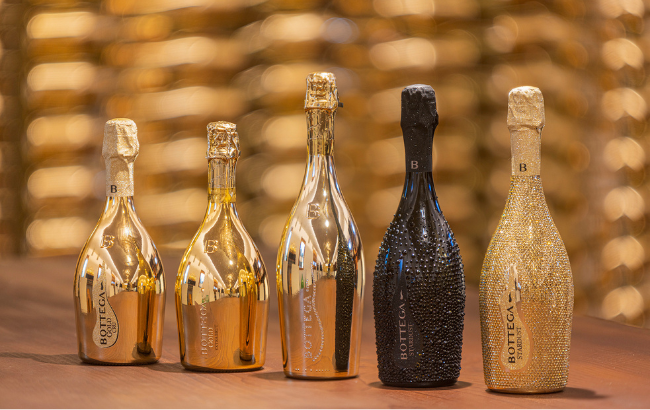Pinault’s merger with Maisons & Domaines Henriot blasted in Burgundy
By Arabella MilehamThe news that Artémis Domaines, the business owned by French billionaire luxury goods magnate Francois Pinault, is merging with Maisons & Domaines Henriot has not gone down well with the Confederation of Burgundy Appellations and Winemakers it has been reported.

Pinault already owns prestigious Burgundian brands including Château Latour, Clos de Tart and Domaine d’Eugenie, as well as having a minority stake in premium Champagne house Jacquesson, but the move will bring around 200 hectares of prime Burgundy vineyards from the the Henriot family into the fold. This includes its Beaune-based négociant and producer business Bouchard Pere & Fils and one of Chablis’ greatest wine domaines, William Fevre, as well as its Champagne Henriot.
Although a statement from the group called it “a guarantee that a French group will ensure the long-term preservation” of the brands and winemaking heritage, and “a wonderful opportunity to bring together the treasures of our wine heritage under the same banner,”, the chairman of the Confederation of Burgundy Appellations and Wine-Makers (CAVB), Thiébault Huber, told French newspaper, Le Monde it was a sad move.
As quoted by Jane MacQuitty in The Times, he said the merger had reinforced his worries over the future of Burgundy’s “family model”, and vineyards that had previously been passed down from generation to generation within the same family were now being sold to wealthy investors who viewed vines like the famed [Hermes] “Kelly handbag” and used them to improve the reputation of their luxury goods groups.
Partner Content
“The risk is a feudal system in which the land belongs to the rich, who are the masters of the place, whilst locals are treated like paupers,” he told Le Monde.
Furthermore, as a result on investment from the new owners, the price of wines from the region were likely to rise “beyond the reach of most people”, he warned.
Related news
Should Rioja increase its focus on white wine?
The 'family spirit' behind Champagne Gardet's 130th anniversary




